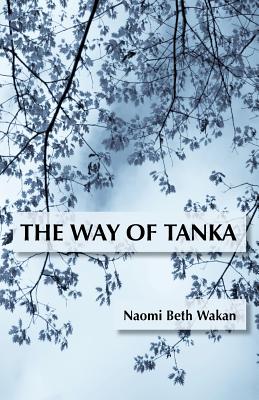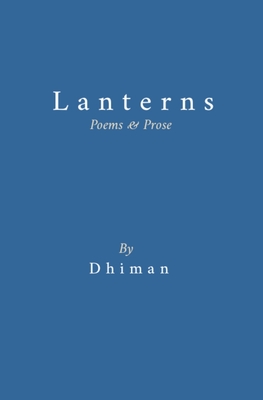
description
pproachable yet comprehensive examination of the Japanese form of poetry known as tanka. The author, Naomi Beth Wakan, discusses its roots in early Japanese courts where it was considered the poetry of lovers, as well as its adaptation to western culture and the characteristics that separate it from the more popular form of Japanese poetry: haiku. Throughout, Wakan weaves her story of personal self-transformation as she moved from the more disciplined writing of haiku to the more metaphorical and philosophical writing of tanka. Numerous examples of tanka are provided, and the rich explanation of the experience of writing tanka encourages readers to write their own tanka while remaining open to the possibilities it provides for personal growth.
member goods
No member items were found under this heading.
Return Policy
All sales are final
Shipping
No special shipping considerations available.
Shipping fees determined at checkout.







